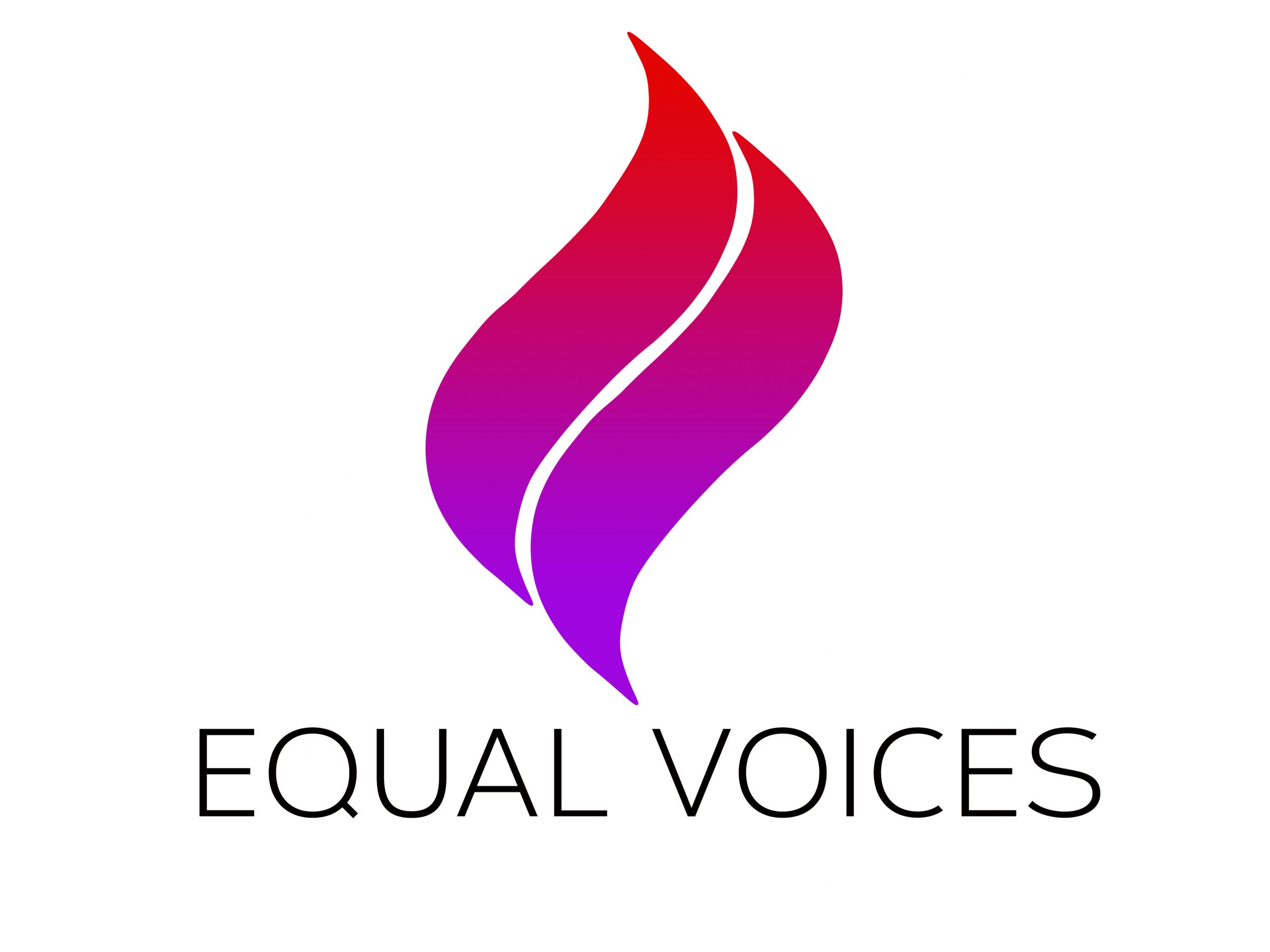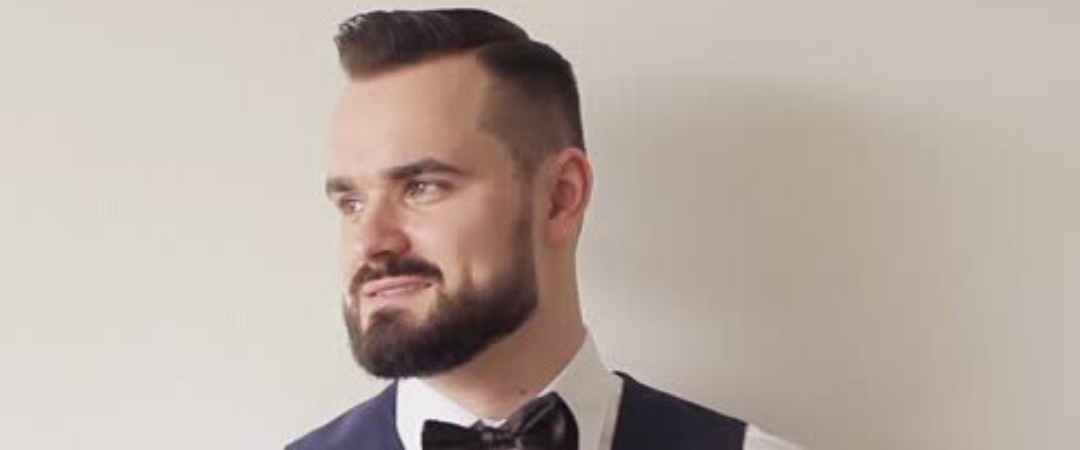
Equal Voices Submission on the Religious Discrimination Bill 2019
For those of you who haven’t got time to read through the lengthy Equal Voices submission to the ‘Religious Freedom’ Bills, below is a summary, highlighting its key themes. For the full document click here.
The government has released what’s called an ‘exposure draft’ of its ‘Religious Freedom’ legislation, which is part of its response to the Religious Freedom Review, chaired by Philip Ruddock, which came on the heels of the legalisation of marriage equality. The centrepiece law is the Religious Discrimination Bill (the Bill). This would add to four existing federal discrimination laws (race, sex, disability & age) protection based on the attribute of religion. It is already unlawful to discriminate on the grounds of religion under the Fair Work Act. All states and territories have separate discrimination laws and all except South Australia and NSW cover ‘religion’.
It has long been recognised that there is a gap, small but significant, in relation to protection for religion at the federal level. We commend the government for attempting to fill this. The Attorney-General flagged that he would introduce a ‘conventional’ discrimination law, that is one that mirrors existing laws. The majority of this Bill is conventional. However, three clauses in particular stand out as literally extra-ordinary, sections 8, 10 and 41. Additional, important problems with the operation of the Bill are amplified by these sections.
Due to time limits Equal Voices’ submission focused on the problems raised by section 10. This clause governs the operation of the law in relation to ‘religious bodies’. The way the section operates, combined with the definition of ‘religious bodies’ means that this part functions as a form of legal immunity for many religious bodies to discriminate, or a broad-based religious exemption. Equal Voices raises objections to this due to demonstrated and in-principle risks for religious bodies to engage in unjustifiable discrimination. The submission makes four specific proposals to limit the potential for unjustifiable discrimination available under s 10.
The first is to reduce the range of bodies that qualify for the exemption. This is based on the general principle that those in the private sphere should enjoy less legal regulation than those in the public domain. For instance, discrimination law doesn’t generally operate in private households. Section 10 reduces the regulation of religious bodies by exonerating them from the operation of the law. But many religious bodies are very large enterprises, many receive substantial public funding and provide large-scale services to the public. It is inappropriate to treat them just as if they were a private household or voluntary club or association.
The second proposal addresses the Bill’s eccentric definition of religious bodies (or institutions) as ‘natural persons’. The definition is frankly inexplicable. Neither domestic nor international law give institutions attributes such as sex, disability, age, etc. Section 10 gives institutions protection, while giving individuals within them little or no equivalent safeguard. The submission highlights the power imbalances that operate between individuals and institutions and gives examples. The definition should be removed.
The third proposal is to change the way the section activates its immunity for religious bodies, which we call the ‘conduct standard’. This involves how a religious belief can be used to justify conduct so it becomes exempt under s 10. The laxer the standard, the more types of conduct are justifiable. In the context of religious bodies, this may permit arbitrary decision-making, and the submission illustrates this by reference to two cases of discrimination.
The fourth proposal is a safeguard provision to make sure that section 10 doesn’t detract from existing protections under other laws. Other parts of the Bill expressly override other discrimination laws (s 41). While section 10 is intended to provide an exemption only for discrimination related to religion, many experts believe that it may indirectly permit discrimination on the grounds of other attributes. This has the effect of indirectly shoring up, or even extending, exemptions under other laws. Given the behaviour of some religious bodies, this is especially troubling for LGBTIQ+ people and allies.
The submission makes a number of other more minor recommendations on other sections and provisions of the Bill. These align with the recommendations of many other stakeholders and legal experts.


